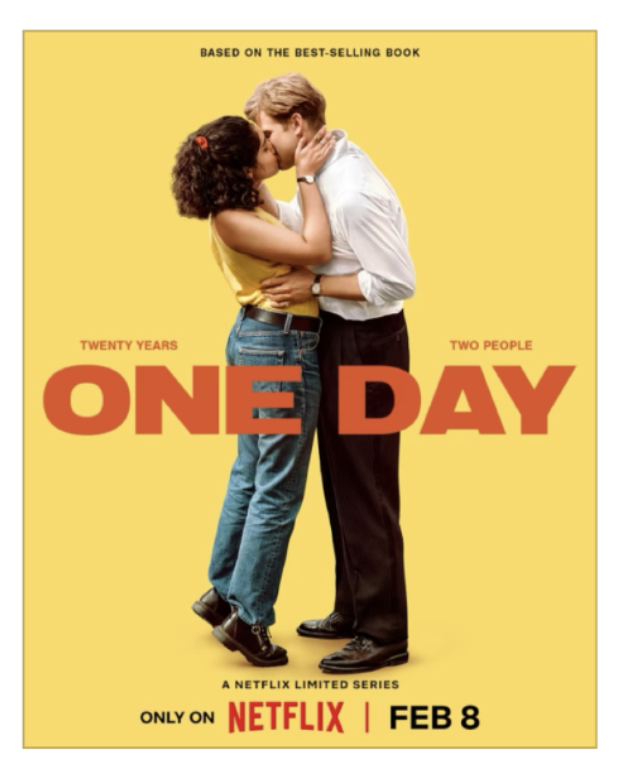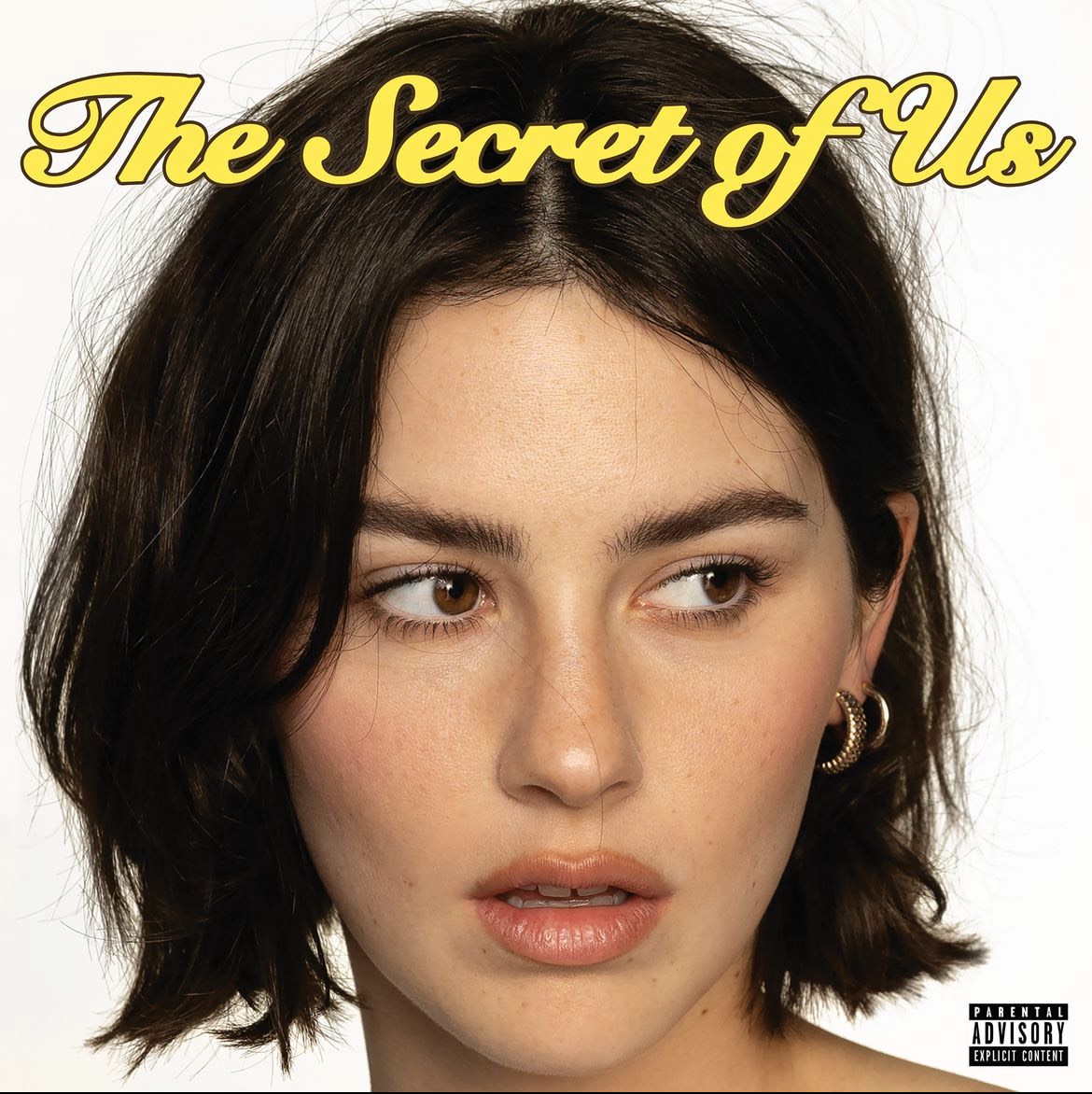On May 16, 1929, the first-ever Academy Awards Ceremony was hosted in Hollywood, Los Angeles, with 270 attendees, lasting only 15 minutes. Since then, the Oscars have changed substantially with cultural shifts and technological advancements impacting the nominated films and televised ceremonies. But just how much have the Oscars changed, and how much have they stayed the same? Would those who attended in 1929 or those who watched the first broadcast in 1952 even recognize the ceremony in 2024?
The number and types of films featured across categories and the range of categories are obvious differences. In 1929, only three films, all silent films, were nominated for Best Picture. In 2024, 10 films are nominated that cover diverse genres–from a Western and biopic to satire and a sci-fi adventure. Between 1944 and 2009, only 5 films were nominated for Best Picture each year (AP). However, following the Academy’s 2008 snub of the box office hit The Dark Knight, the Academy expanded the field of Best Picture nominees to 10 to recognize more diverse film genres (Variety).
Junior Owen Rosenbury, a student in Cinema Arts and IB Film, cited the early dominance of black and white silent films in 1929 as an early feature of the Academy Awards but also identified a preference for particular genres.
“In 1929, the main award went to ‘Wings’, a war movie. During the third Oscars, the big prize went to the adaptation of ‘All Quiet on the Western Front’, so it was a lot of the same type of movies winning big,” Rosenbury stated.
The Academy has recently awarded best picture awards to smaller, more artistic “critic darlings” such as “EEAAO”,”Parasite”, “Birdman”, and “The King’s Speech”. Big-budget blockbusters like “Avengers: Endgame”, “Star Wars: The Last Jedi”, and the “Transformers” films have garnered billion-dollar box office receipts but few awards.
Despite the recent wins by films like “Parasite” and “EEAAO”, Penn State Professor Michelle Ramsey, who specializes in the social and political impacts of popular culture, raises a useful question to consider.
“It would be interesting to see if increasing the number of Best Picture nominees to 10 has changed the tendency to give the award to known quantities,” Ramsey said. “I suspect it allows the Oscars to seem to value more diverse perspectives and the types of films that challenge the status quo, but do those films win?”
With this context, a key question for the 2024 Best Picture race is whether or not the new focus on diversity and social progress will impact the Academy’s reputation, the show’s viewership, and box office receipts.
It’s important to note that the economics of filmmaking, not the artistry, was the impetus for the formation of the Academy of Motion Picture Arts and Sciences (AMPAS) in 1927. That dynamic still informs the Oscars. The AMPAS and Oscars were initially formed to stop labor unionizing, even as Hollywood is now a well-established union town (Teen Vogue).
In addition to the shift back to unions like the Screen Actors Guild and Screen Writers Guild, Rosenbury identified the increasing role of celebrity branding as a relatively recent economic development. “I’d say any person winning or even being nominated for an Oscar sort of cements themselves into the film industry and generally starts a lot of careers,” Rosenbury stated.
In terms of the Academy’s record on recognizing diversity in acting and storytelling, Ramsey considers progress “slow-moving” with “ebbs and flows.”
She also identified the possibility of more subtle shifts. “It may be the case that in some years, by virtue of highlighting some of the “best” or most popular films of the year, we see how political and cultural contexts are impacting the stories that are told. For example, after the 2008 financial crisis, we saw films about the crisis itself, but we also saw the horror genre start to focus on haunted houses and point to cracks in the American notion that homes were safety nets and that we are safe in them. I don’t know how often that happens, but it is likely that in some years there are threads of cultural anxiety and fear that are woven into a number of the films nominated or films for which people are nominated.”
Both Rosenbury and Ramsey remain skeptical about claims the Oscars have evolved.
“The reputation of the Oscars hasn’t evolved much at all, in my view. While levels of extravagance, number of attendees, number of best picture nominees, location, food options, and levels of fashion/formality have changed, that’s the extent to which the Oscars have evolved much at all. They are remarkably static in terms of reputation. There are certainly years where their reputation rightly takes a hit because of the lack of diversity and nominees. But all seems forgiven the following year, as diversity appears and then often disappears the very next year,” Ramsey stated.
Despite the Oscars’ attempts to evolve with the time, Rosenbury is skeptical about their future. “Their reputation has kind of gone to crap. Narratives build up and people campaigning to get awards rather than just completely unbiased ballots getting put in to see who wins. Another issue I think the Oscars have had to deal with is that people don’t think of the Oscars itself as the event. The biggest news stories that happen in the Oscars usually aren’t the movies that win which get people talking. If you ask someone what happened in the last decade at the Oscars, they’ll tell you that Leonardo DiCaprio finally won his Oscar, ‘La La Land’ lost to ‘Moonlight’, and Will Smith slapped Chris Rock.”
Rosenbury’s claims are corroborated by actual trends. Viewership has decreased over the last 20 years, with over 46 million viewers in 2000 to less than 19 million in 2023. Despite being an improvement from a recent low of 10.4 million in 2021, it’s still a far cry from the results the Oscars used to achieve.
In light of this decline, Rosenbury offered his ideas on the future of the Oscars. “There’s a strong chance that they’ll be swallowed up by a streaming service. I can see that happening. They might stay on cable in order to appeal to older audiences. The point is, they’re going to have to shake things up if they want to stay relevant. They just added a new category for Best Casting which is the first new category in years, so that could boost their numbers.”
Overall, the survival of the Oscars in the next few years is unquestionable, but attempts to diversify likely won’t rebuild viewership to early-century highs.
“Representation of diversity in film is often conservative and doesn’t usually take risks beyond that, they’re relatively safe. They do so in a safe way that makes sure not to offend people. It’s progress, but it’s not groundbreaking progress,” Ramsey wrote in an email.
The 2024 Academy Awards will air on Sunday, March 10th on ABC at 7:00 pm. Whether or not they’ll get positive reception and high ratings is extremely hard to say. With early controversies over snubs and Jimmy Kimmel as a returning host, the 2024 Oscars may go out with a whimper rather than a bang.








